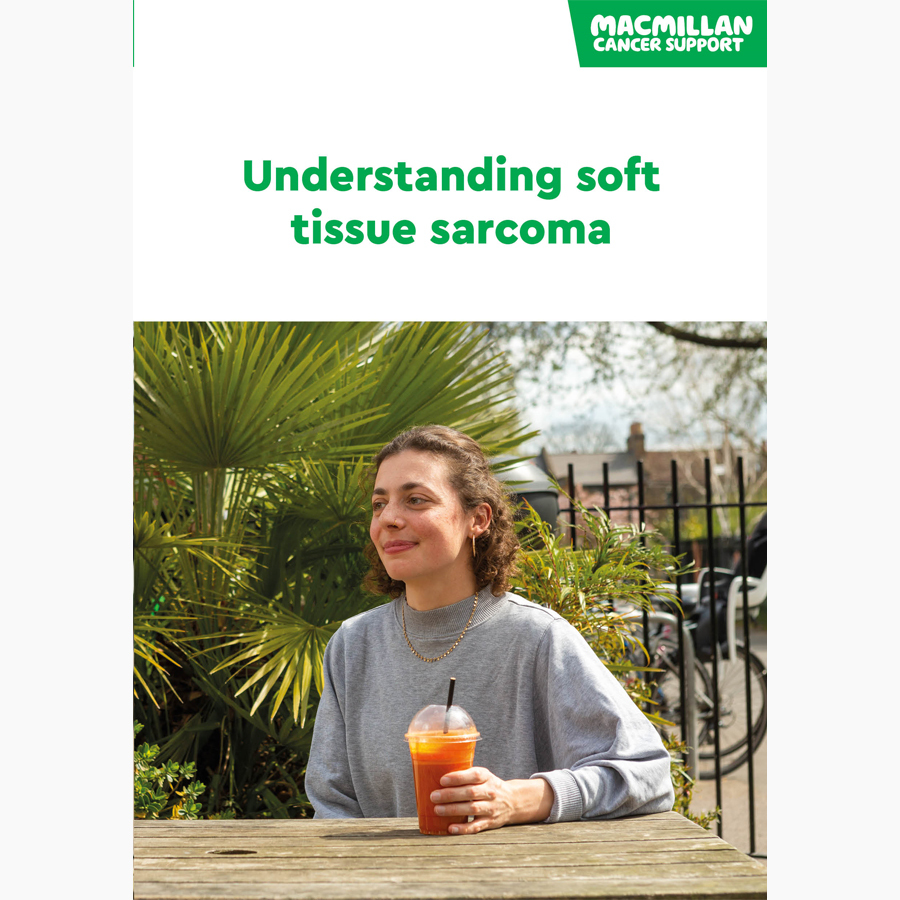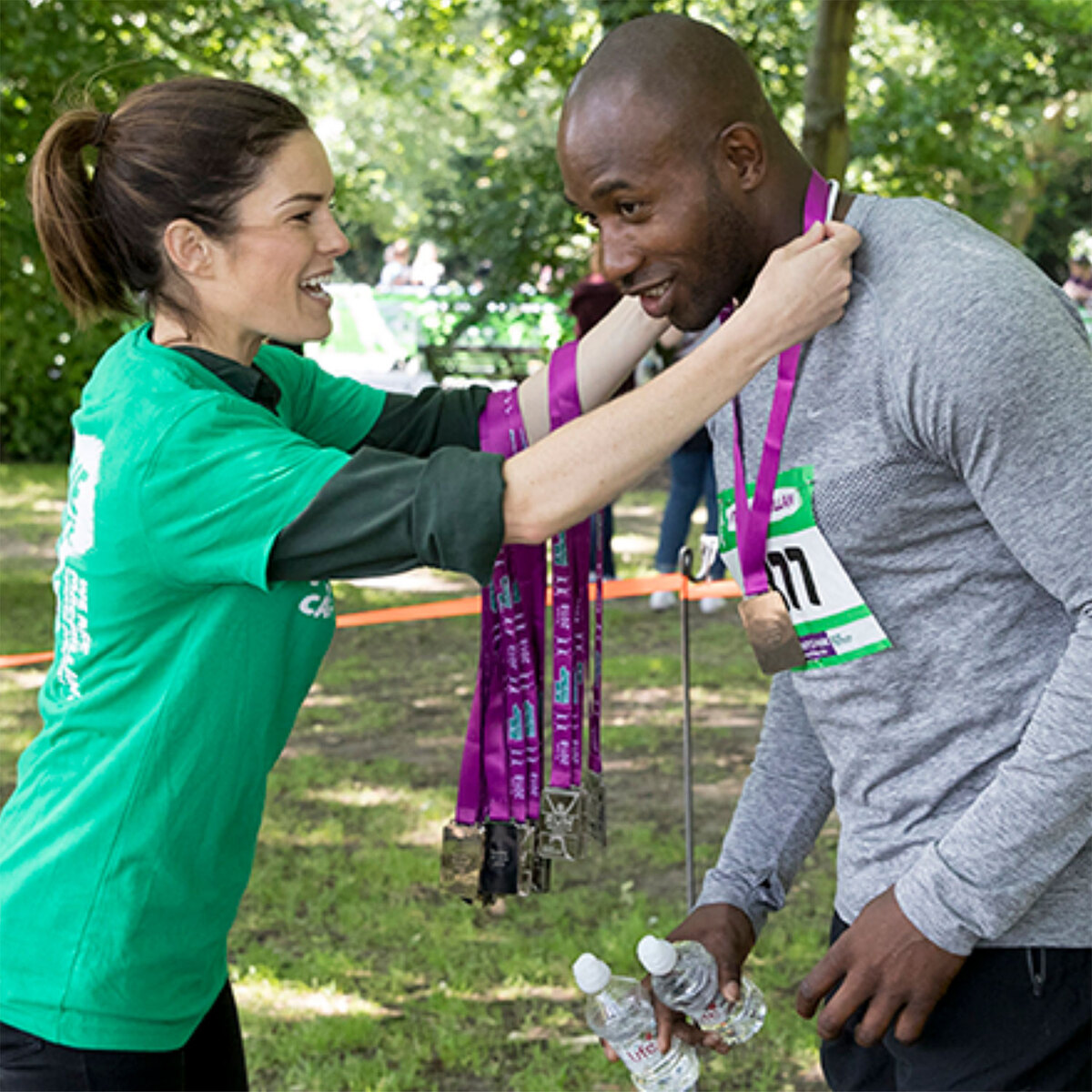
Sarcoma Awareness Month
What is sarcoma?
Sarcomas are rare cancers. There are 2 main types of sarcoma:
- soft tissue sarcoma
- bone sarcoma (also called primary bone cancer).
Each year, about 4,300 people in England are diagnosed with a soft tissue sarcoma.
About 550 people are diagnosed every year with primary bone cancer in the UK.
What is the difference between soft tissue sarcoma and bone cancer?
Soft tissue sarcomas start in any supportive or connective tissues. These include:
- muscle
- fat
- nerves
- fibrous tissues
- tendons and ligaments
- blood vessels.
Bone sarcomas (primary bone cancer) start in the bone.
More questions about sarcomas
Ellie's story; navigating cancer treatment and intimacy
Ellie, 22, was diagnosed with Rhabdomyosarcoma (a soft tissue sarcoma) in 2015 when she was just 14 years old. The effect of her cancer treatment has meant that Ellie is unable to have penetrative sex and her fertility is affected. This has had a big impact on her mental health.
Support for people living with sarcoma and their loved ones
Whatever you need to ask, we're here for you. If you have worries about treatment, money, managing day to day tasks or anything else, we'll listen. Call the Macmillan Support Line on 0808 808 00 00.
You can also chat with the Macmillan Support Line online, email us for support or join our Friends and Family forum on our Online Community.

Emotional support

Practical support

Financial support

Help with work








